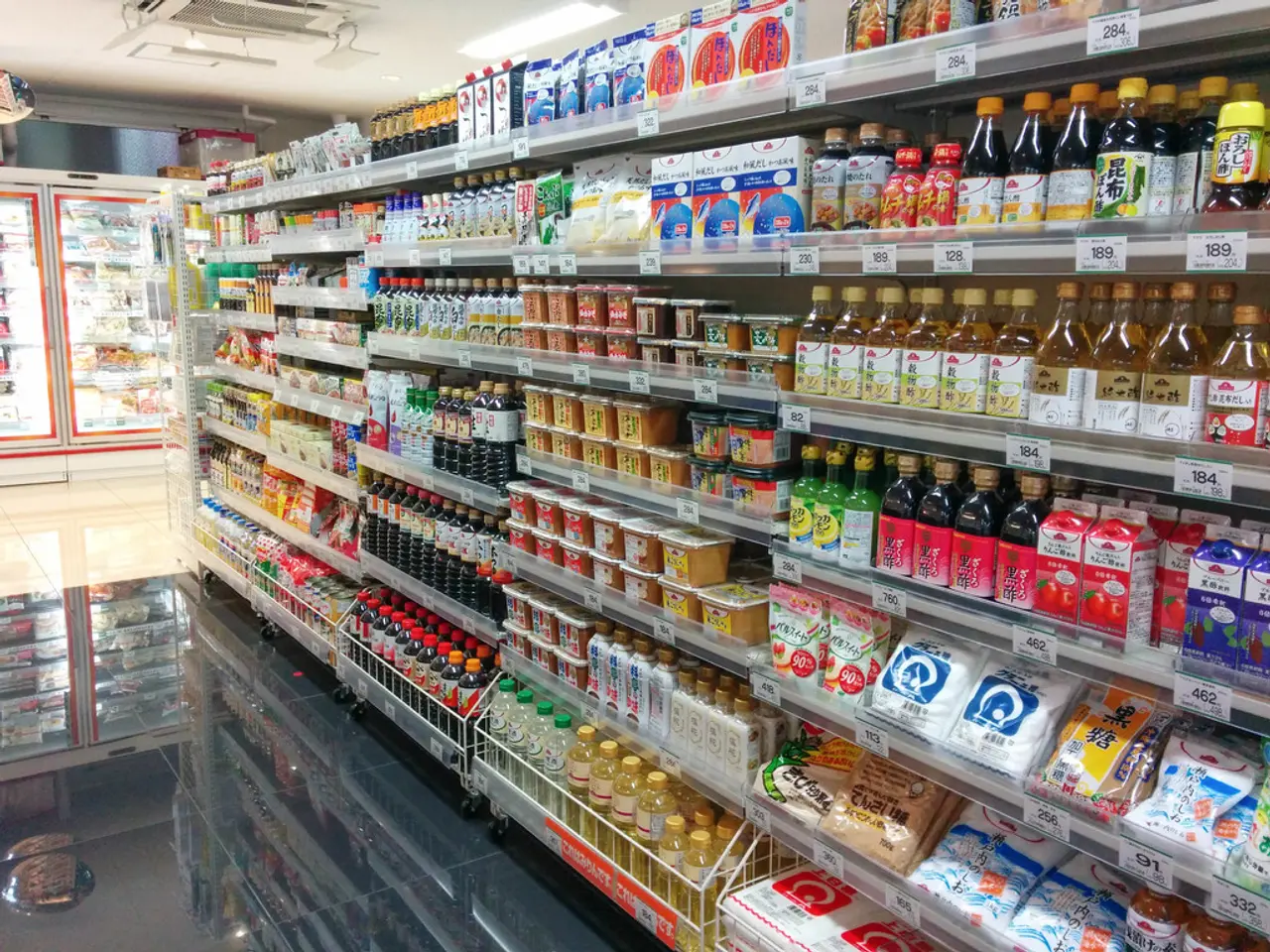South Korean stock market index (Kospi) exceeds 3,000 points milestone for the first time in three years, fueled by optimism about market reforms.
Revised Base Article:
Keep your eye on the Kospi bourse blasting past the 3,000 mark on June 20, right here in Hana Bank's trading room in central Seoul. [JOONGANG ILBO]
But hey, it ain't all sunshine and rainbows for the Korean economy. With Israel and Iran tensions brewing, our exports to the Middle East could be facing some serious heat - and that's no picnic for Korean businesses.
Here's the skinny on it:
The wallet-punchin' impacts:
- Oil prices skyrocketing: The ongoing beef between Israel and Iran is sendin' oil prices soarin'. That means increased production and transportation costs for Korean exporters, makin' their goods a bit less attractive in the Middle East market, especially in industries like petrochemicals and plastics [ARTICLE 2, ARTICLE 5].
- Supply chain chokeholds: The conflict might cause some headaches for shipping through the Strait of Hormuz, a major route for oil and goods. That's a recipe for higher shipping costs, delays, and stress for Korean exports to the Middle East [ARTICLE 1, ARTICLE 5].
- Inflationary pressures and currency woes: Higher oil prices and shipping disruptions could trigger inflationary pressures and currency fluctuations, potentially squeezin' the purchasing power of Middle Eastern countries and dampenin' demand for Korean exports [ARTICLE 5].
Geopolitical and trade tremors:
- Regional upheaval: The escalatin' conflict could stir up instability across the Middle East, chillin' trade relationships and economic stability in the region. That might make life a bit tougher for Korean businesses operatin' over there [ARTICLE 3, ARTICLE 5].
- Diversification and adaptability: Korean exporters might need to get creative: diversifyin' their markets or tweakin' their strategies to tackle the geopolitical risks and economic challenges posed by the conflict [ARTICLE 4].
So, what's the bottom line?
The drama between Israel and Iran is castin' a big ol' shadow over Korean exports to the Middle East. Higher costs, supply chain disruptions, and turmoil in the region could make it a bumpy ride for Korean industries. They'll have to stay sharp and ready to roll with new strategies to weather these tempests.
- The rising oil prices due to the Israel-Iran tension are increasing production and transportation costs for Korean exporters, particularly in industries like petrochemicals and plastics, creating unfavorable conditions in the Middle East market.
- The conflict between Israel and Iran may lead to higher shipping costs, delays, and supply chain disruptions due to potential issues in the Strait of Hormuz, a major route for oil and goods, affecting Korean exports to the Middle East.
- With a possible increase in inflationary pressures and currency fluctuations due to higher oil prices and shipping disruptions, the purchasing power of Middle Eastern countries might be impacted, potentially dampening demand for Korean exports.




